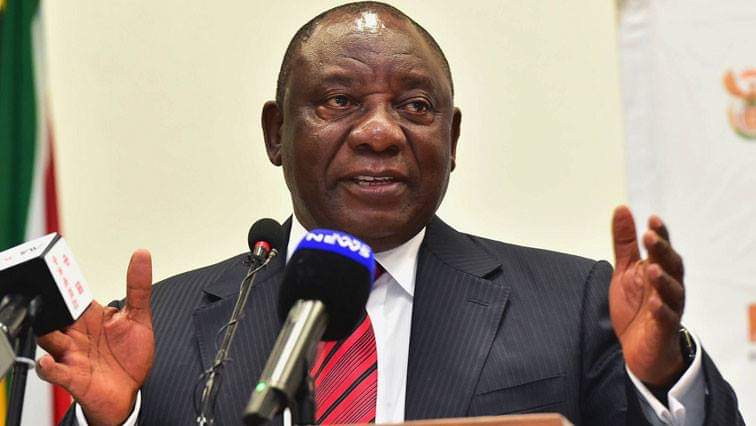–Michelle Gavin
Since assuming office in 2018, South African President Cyril Ramaphosa has consistently disappointed those who hoped that he would usher in a new era of South African leadership in foreign policy. With a non-permanent seat on the United Nations Security Council and the 2020 Chairmanship of the African Union, South Africa was poised to seize the mantle of continental leadership had it been so inclined. But much like President Buhari in the region’s other giant, Nigeria, President Ramaphosa has been inwardly focused, preoccupied by contentious domestic politics, economic woes, and energy shortfalls. With the notable exception of efforts to make implementation of the African Continental Free Trade Agreement a reality, South Africa has wielded little regional influence to correspond to its rhetoric about principled foreign policy, whether in responding to the crisis in neighboring Zimbabwe or the flawed elections in the Democratic Republic of the Congo.
None of those domestic pressures have dissipated; if anything, the situation has grown even more dire, and the political peril intensified. Last month, South Africa’s own serious coronavirus outbreak coincided with terrible economic news when it lost its investment-grade credit rating from Moody’s. Growth is sluggish, confidence is low, unemployment is high, and powerful factions of the ruling African National Congress remain at war with each other.
Yet as the pandemic threatens to induce not just a humanitarian crisis but a devastating economic disaster across the continent, Ramaphosa seems to have found a new gear. Not only has he been decisive and bold in dealing with the domestic outbreak, but he has found time and energy for elevating the broader regional outlook as well. He is using South Africa’s status as the only African member state of the G20 to insist that the group grapple with the continent’s looming economic crisis. Last Friday, he convened the African Union Bureau by phone, bringing heads of state together and driving an agenda aimed at keeping leaders informed with the latest facts and science, mobilizing coordinated action, and ensuring that Africa speaks with clarity and unity to the rest of the world about urgent COVID-related needs. He has spearheaded efforts to establish an African Union Covid-19 Response Fund to which African states have begun making pledges, emphasizing African buy-in and ownership even as he calls for more assistance from abroad.
To be sure, Ramaphosa is not alone in asserting much-needed leadership. Ethiopian Prime Minister Abiy Ahmed has also used his stature to insist that global leaders respond to Africa’s urgent needs. Economic Commission for Africa Executive Director Vera Songwe has been direct and savvy in framing African priorities as well. But the reemergence of South Africa as an assertive and proactive continental leader is an essential and welcome development. If, as Arundhati Roy suggests, this moment is a gateway between one world and an unknown future, African leadership on the issues that affect us all, from global health to climate change, will be essential to establishing a new order better than the one that is failing so many now. One hopes that thoughtful South African foreign policy vigorously working to assert African equities will outlast the crisis at hand.
